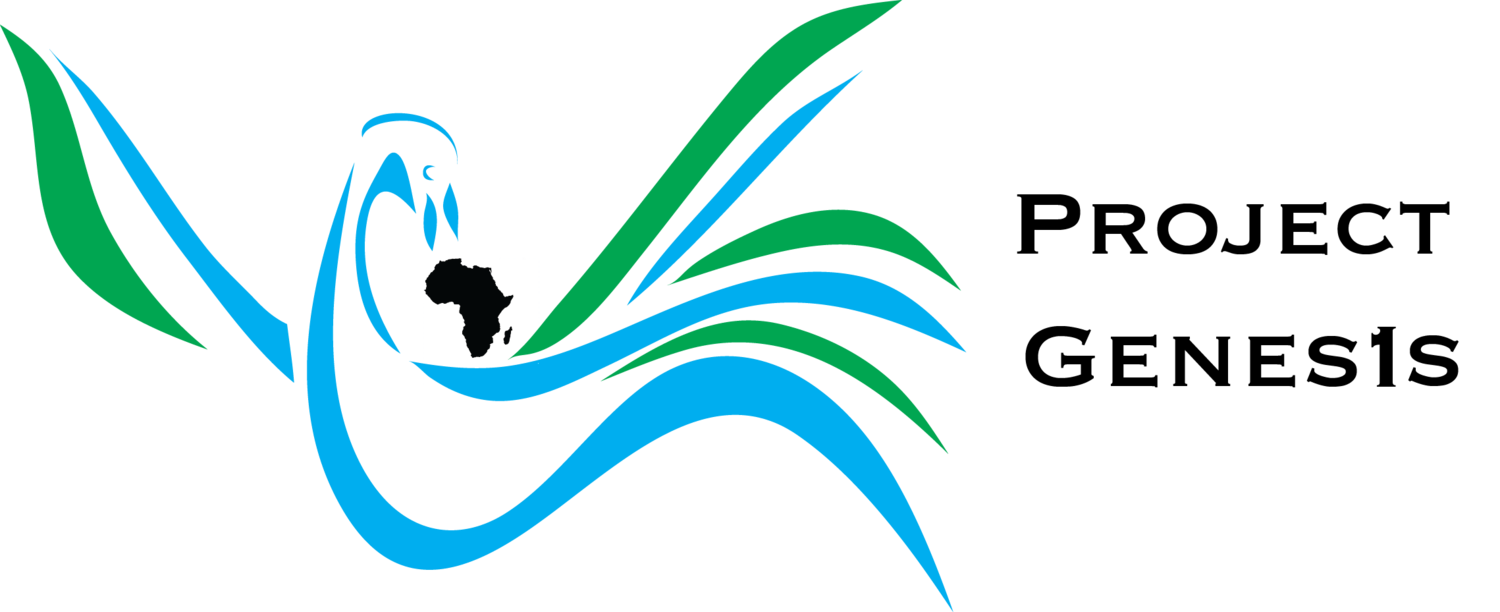By Jennifer James
In July of 2011, I had the opportunity to finish my public health degree and spend three weeks in Livingston, Zambia doing public health work. I met some great people and walked away with a greater understanding of the public health profession and its overall goals to provide community care. The goal of this particular program was to provide basic medical care to the surrounding communities, educate mothers on HIV/AIDs and spend time reading to kids in the surrounding community schools. I was touched by the sense of community Africa had, always looking out for each other and everyone seemed blissfully happy every day when they seemingly had so little. I participated in all the activities and still walked away from my experience undecided on how it made me feel. Was I truly doing good for the community or was I making the community more dependent? At times, we had to make choices on which people we would give medication to because there was not enough to go around, a common problem I saw often, as the program consisted of donations only.
One of my most memorable experiences was going out into the “bush.” This is probably what solidified the idea that Africa did not need me as I had originally thought on my plane ride over. The people I met did not speak any English and seemed to have everything they needed. I don’t even really know if the people we saw understood what we were doing as there was lots of silence during our visits. I read a quote recently about voluntourism that read “communities don’t passively wait for foreigners to fix things.” This struck me because while I think the work that I did does have merit and is beneficial in some way. There are people that spend their lives believing in and basing careers on the work needed in third world countries, however, I also believe that without the creation of a sustainable system, the system is broken.
Zambia has the highest prevalence of HIV/AIDs, higher than any other country in Africa. I did some preliminary research, since my time there in 2011, and the rate has not decreased. In fact, it has gotten worse, therefore one could say that the education that we were doing was not helpful, not creating a large enough impact. My belief is that aligning volunteering with the community’s mission on improving whatever problems they face by creating more sustainable infrastructure and addressing the more systemic issues that poorer countries face is a more long term option in providing future sustainability in countries already struggling. Unfortunately, me handing out Tylenol to the community did not give them further access to resources that they didn’t already have.
It's important to realize that there is a significant difference between doing good for a community and a community dependent on voluntourism as a business. The price of the non-profit we attended was $2345/person. Thirteen of us paid to volunteer in a society that could be self-sustained without voluntourism. I can tell you that we shared a bathroom, a room with 4 people, and ate tomato and cheese sandwiches more times than I would like to remember and we were not the only group there. Don’t get me wrong, there is not anything about my time in Africa that I would take back, from sunsets over the Zambezi, Victoria Falls, to the safari in Botswana. These are all once in a lifetime experiences for me. I like reminiscing about the children running their fingers through my hair or calling me out in the market for my white skin and the amazing crafts made from the tools around them. Learning about another culture and a different way of life was paramount for my overall growth and understanding of my world around me. But at the end of the day, I am not sure how much of an impact I had on a community that could thrive on self-sustainability rather than aid.

